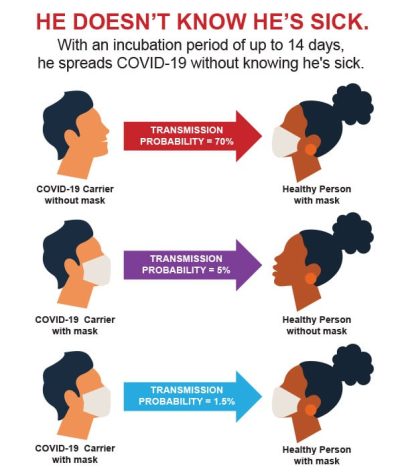Olympic Skater Allowed to Compete After Doping Causes Controversy
Kamila Valieva, a 15 year-old Russian figure skater competing in the Olympics, tested positive for trimetazidine, a heart medication drug that helps stamina. The International Testing Agency reported that Valieva had the banned substance in her system during her skating event in December. The Russian Anti-Doping Agency reversed their past decision to suspend her from competing, starting the controversy now surrounding Valieva. The International Olympic Committee allowed her to compete in the Olympics despite this, but they stated that there would not be a medal ceremony if she finished in the top three of her event.
The Olympics is a major international multi-sport event is something people dedicate their lives to in order to one day represent their country and compete in. Fairness should be the utmost priority at an event like this. Everyone who worked hard enough to get to the Olympics should get an equal chance for success, not have the results tainted by performance-enhancing drugs that give select dishonest athletes an unfair advantage.
This isn’t the first time Russia’s team has been caught in a doping scandal. In December 2019, Russia was barred from all international sports competitions by the World Anti-Doping Agency due to another incident at the 2014 Sochi Winter Olympics. They are banned from the current 2022 Winter Olympics, but individual athletes have been allowed to compete under the name of the Russian Olympic Committee, with special permission as neutral athletes. The Russian flag, national anthem, or anything to show patriotism to the country are not allowed at events, and some sports officials aren’t allowed to attend. This ban expires in December 2022.
Comparatively, U.S. sprinter Sha’Carri Richardson was immediately barred from competing in the Olympics after testing positive for THC, the intoxicant in marijuana, which doesn’t even affect athletic performance. Russian skater Kamila Valieva was still allowed to compete despite testing positive for a banned drug- trimetazidine. This heart drug can boost endurance and blood efficiency, which boosts athletic performance, while marijuana is simply calming. There was a clear difference in how their positive tests were handled. This creates more controversy, as the only clear difference between their situations is the color of their skin.
Although she is young and could have been forced to take it against her own will or maybe it wasn’t her choice, it still takes away from the legitimacy of the competition so she shouldn’t be allowed to participate. This can create a cycle since there are no consequences. She obviously has the skill to be at the Olympics. Drugs can’t teach you how to dance and be flexible and ice skate like that, but they do increase stamina and help her perform all those moves so effortlessly. She competed and placed high enough to be there without help from drugs in all her previous events leading up to the Olympics. It is unfortunate that a decision by the adults in her life has led to a scandal that may cost her a gold medal she has been working towards her whole life.
By not being consistent in their rules, the Olympic committee is risking their credibility as the largest global sports event in the world. This situation distorts the standards of the Olympics for everyone.












